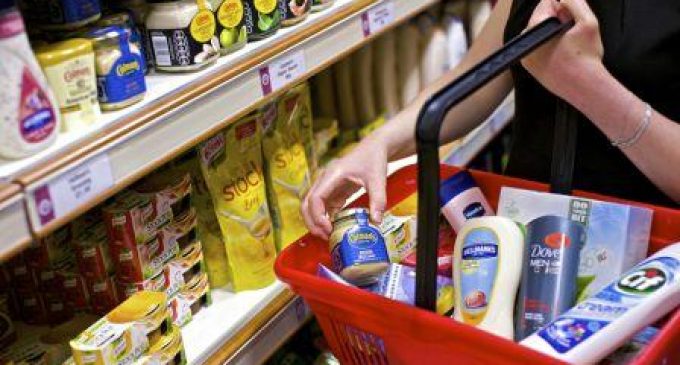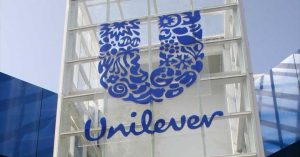Unilever Continues to Make Progress

Unilever has reported 16.9% increase in net profit to €6.5 billion on turnover turnover up 1.9% to €53.7 billion, which included an adverse currency impact of 2.1% and 0.9% from acquisitions net of disposals, for its 2017 financial year. Underlying sales growth, excluding the spreads business that is being disposed of, was 3.5%, with price up 2.4% and volume up 1.0%. Underlying operating margin improved by 110bps, reflecting strong savings delivery.
The savings programmes are delivering faster than expected, with savings of more than €2 billion in 2017. This puts Unilever well on track towards its savings target of €6 billion, and a targeted underlying operating margin of 20% by 2020.
Unilever is also modernising its portfolio at an accelerated pace to ensure it has the platforms in place for long-term growth in attractive market segments and sales channels. In 2017, Unilever completed a number of bolt-on acquisitions, most significantly Carver skin care in South Korea. It acquired Sundial Brands in the US and a 60% stake in Europe & Asia Commercial Company Ltd to build its operations in Myanmar. Other businesses acquired include Mae Terra organic food in Brazil and Pukka Herbs organic herbal tea in the UK. Unilever has agreed to sell its global spreads business which it expects to exit around the middle of 2018.
 Reflecting the acquisitions and a €5 billion share buy-back programme in 2017, Unilever reached a net debt/EBITDA ratio of 1.9x at year-end, close to its targeted leverage level of 2.0x. The group intends to return the after-tax proceeds realised with the spreads disposal to shareholders, unless more value-creating acquisition alternatives arise.
Reflecting the acquisitions and a €5 billion share buy-back programme in 2017, Unilever reached a net debt/EBITDA ratio of 1.9x at year-end, close to its targeted leverage level of 2.0x. The group intends to return the after-tax proceeds realised with the spreads disposal to shareholders, unless more value-creating acquisition alternatives arise.
Paul Polmen, chief executive of Unilever, comments: “We have delivered a good all-round performance with competitive growth, including an innovation-led improvement in volumes in the fourth quarter, and substantially increased margin, earnings and cash flow. This puts us well on track to deliver towards the strategic objectives set out for 2020 and demonstrates the progress we have made in transforming Unilever into a more resilient and more agile business.”
He continues: “2017 has once more been a year of major change for Unilever with the acceleration of the ‘Connected 4 Growth’ programme, that we announced in 2016. With the implementation of a more agile, consumer-facing organisation, we are seeing quality and speed of innovation further improve. At the same time, we have significantly stepped up the delivery from our savings programmes and continued the evolution of our portfolio with 11 acquisitions announced and completed in the year as well as the announcement of the disposal of the spreads business. All of this is making Unilever increasingly competitive in light of fast-changing consumer and technology trends.”
Unilever’s priorities for 2018 are to grow volumes ahead of its markets, maintain strong delivery from the savings programmes and complete the integration of Foods & Refreshment, as well as the exit from spreads. This is expected to translate into another year of underlying sales growth in the 3%–5% range, and an improvement in underlying operating margin and cash flow, that keeps the group on track for its 2020 targets.

































